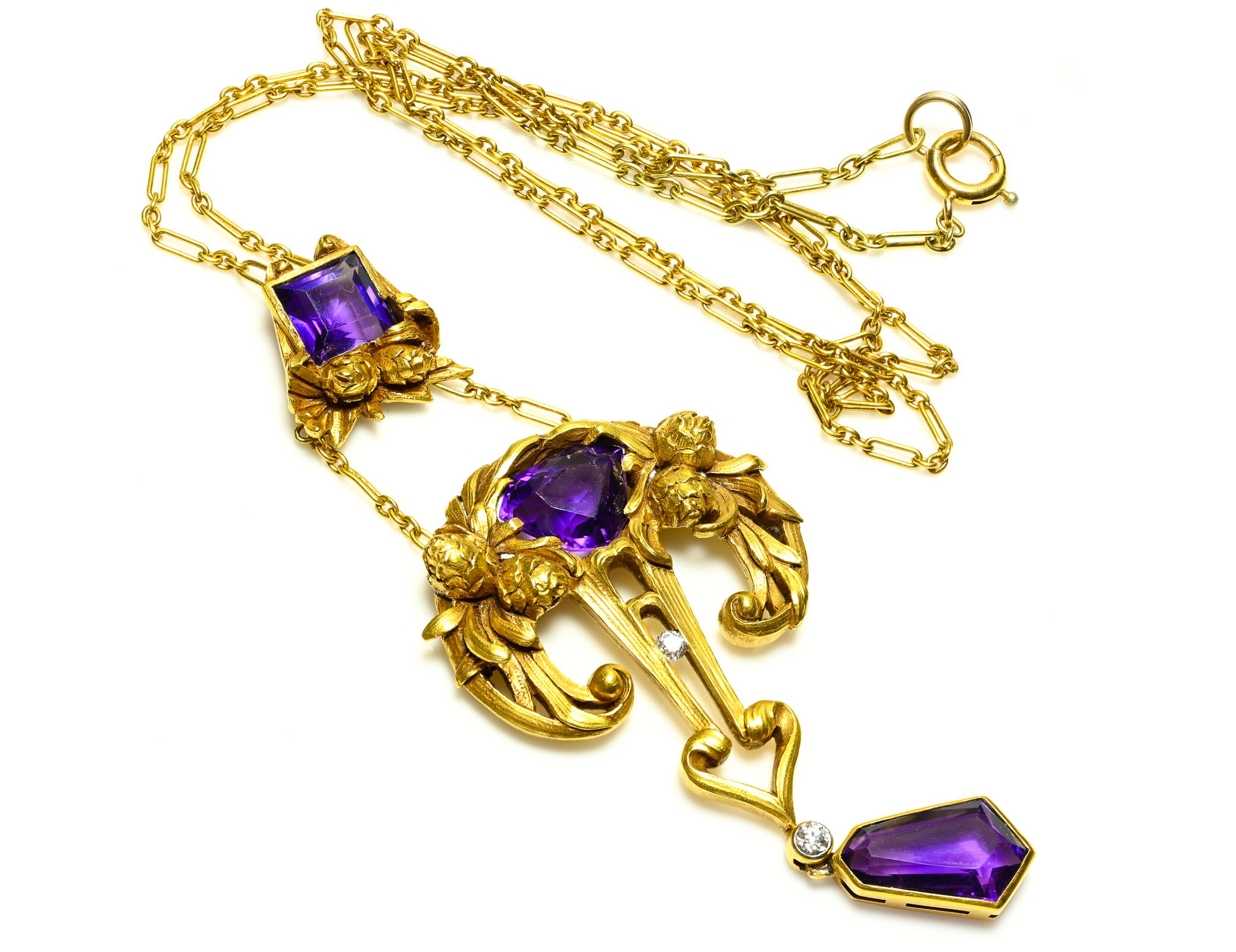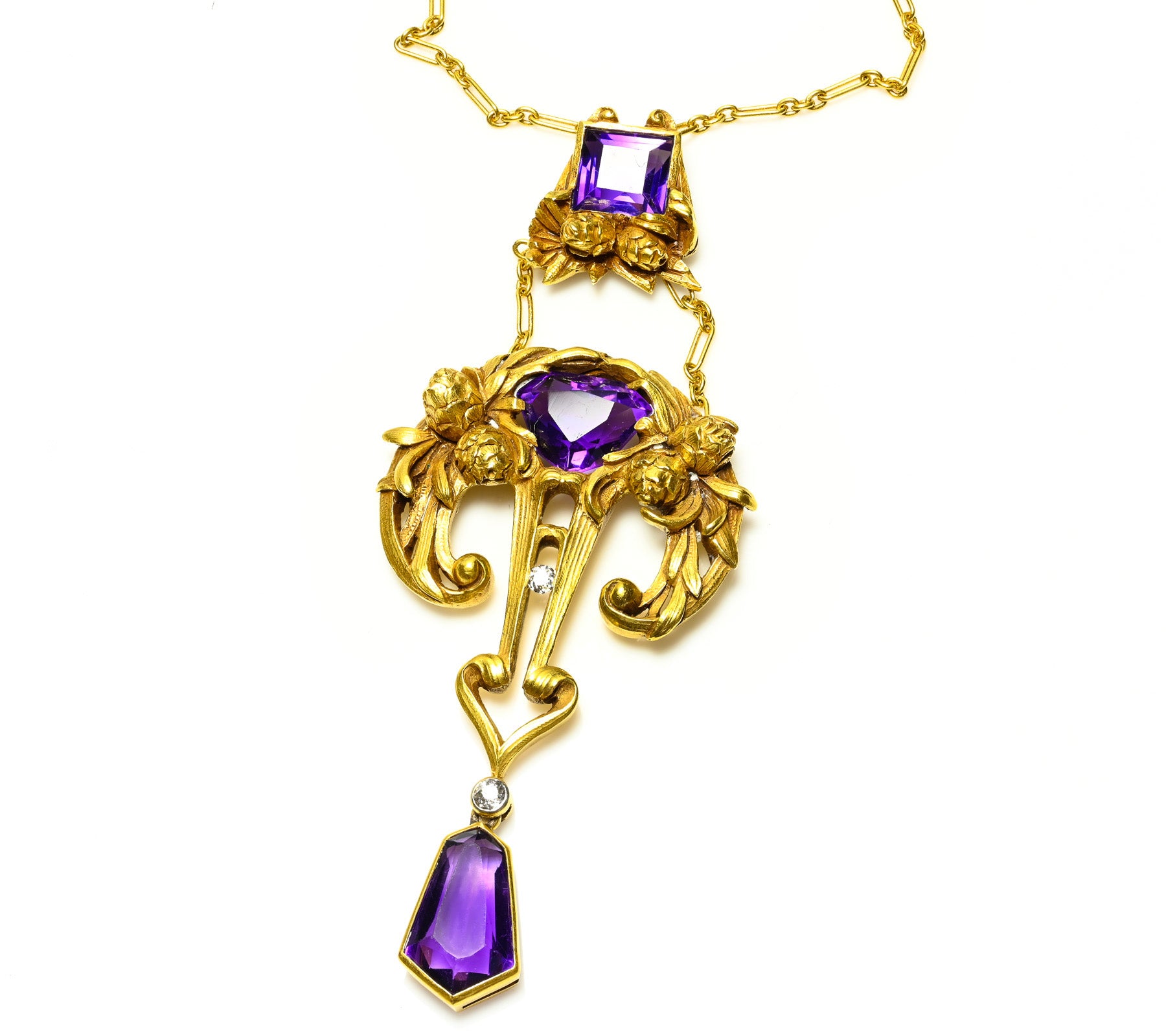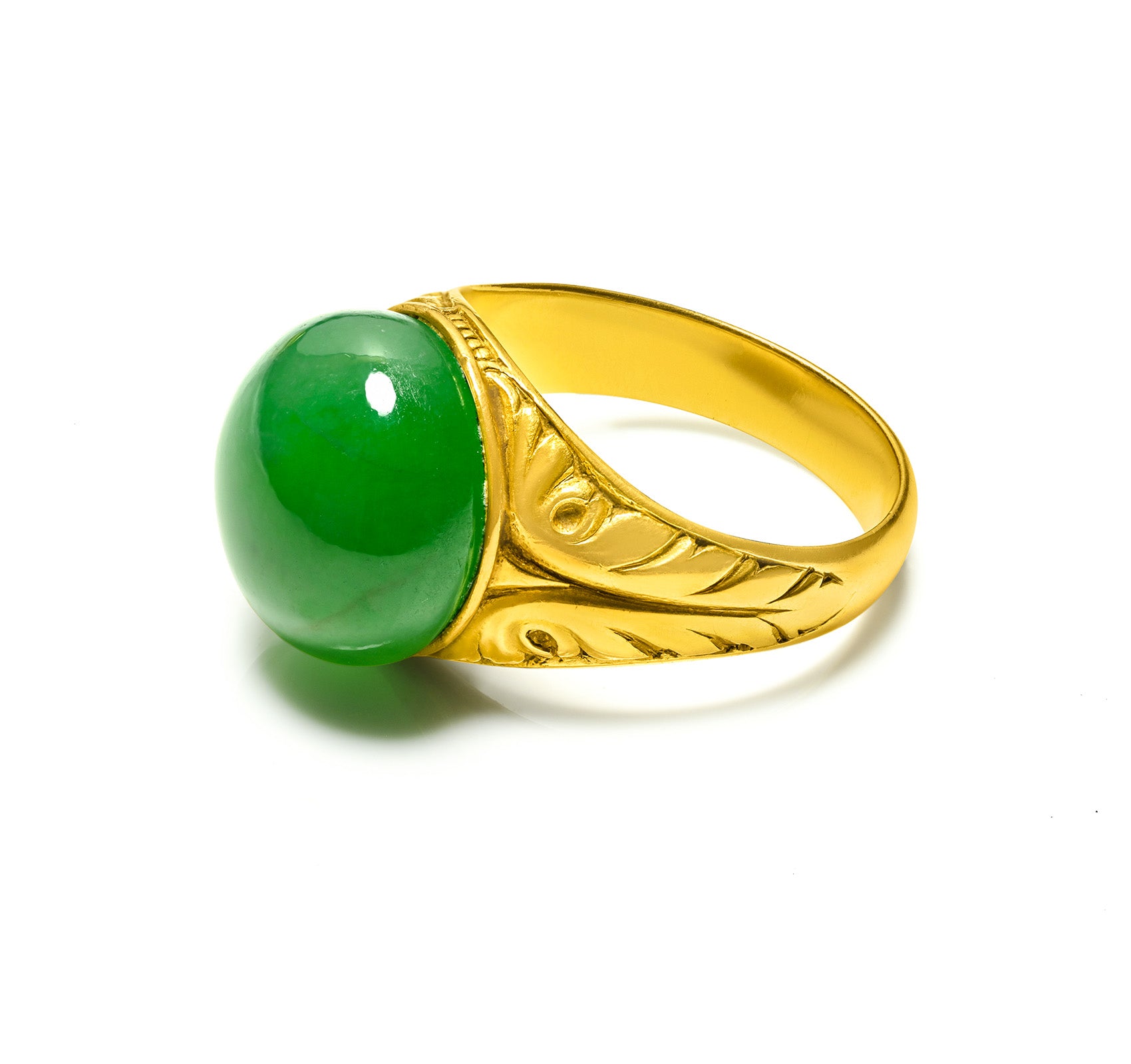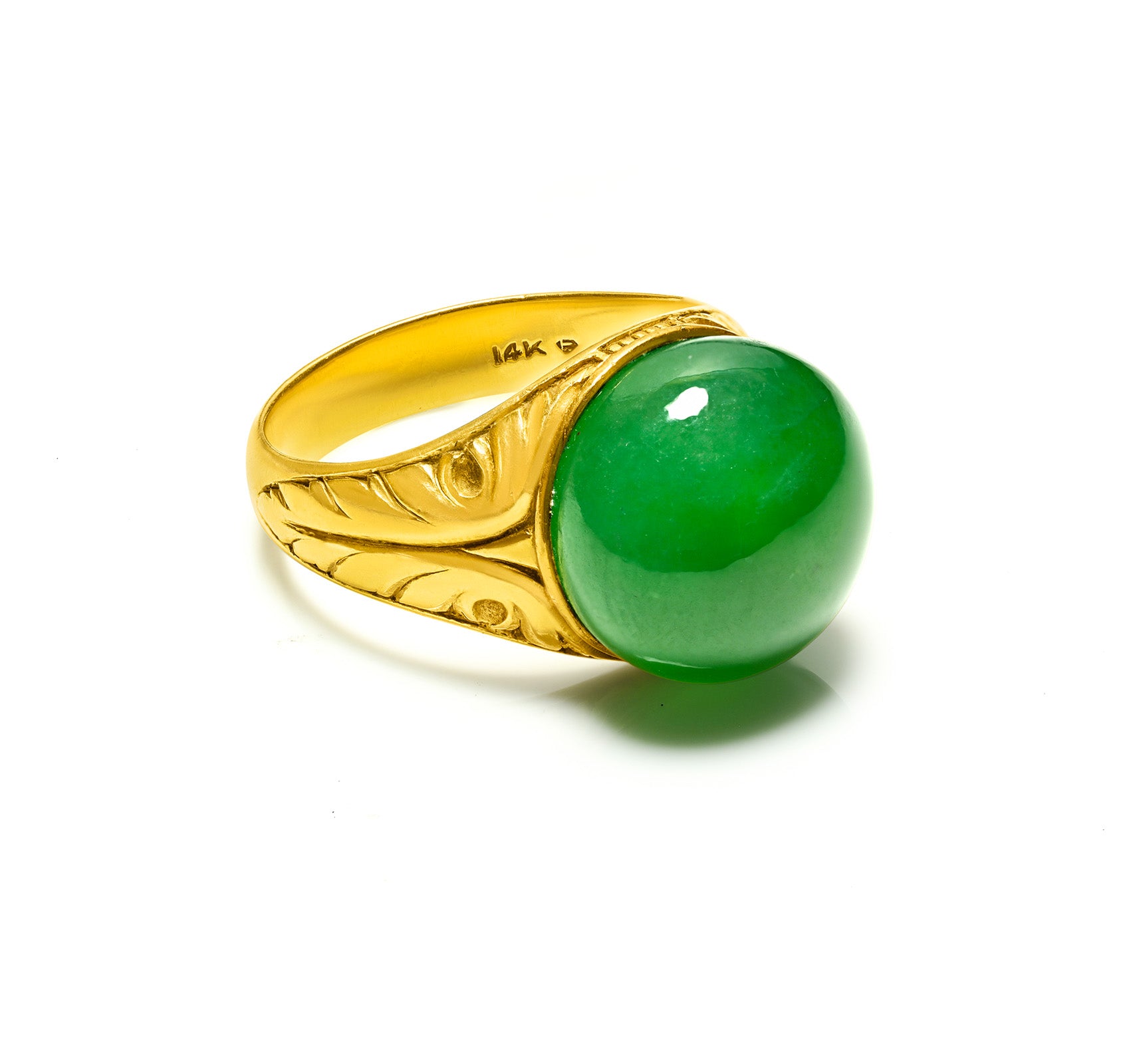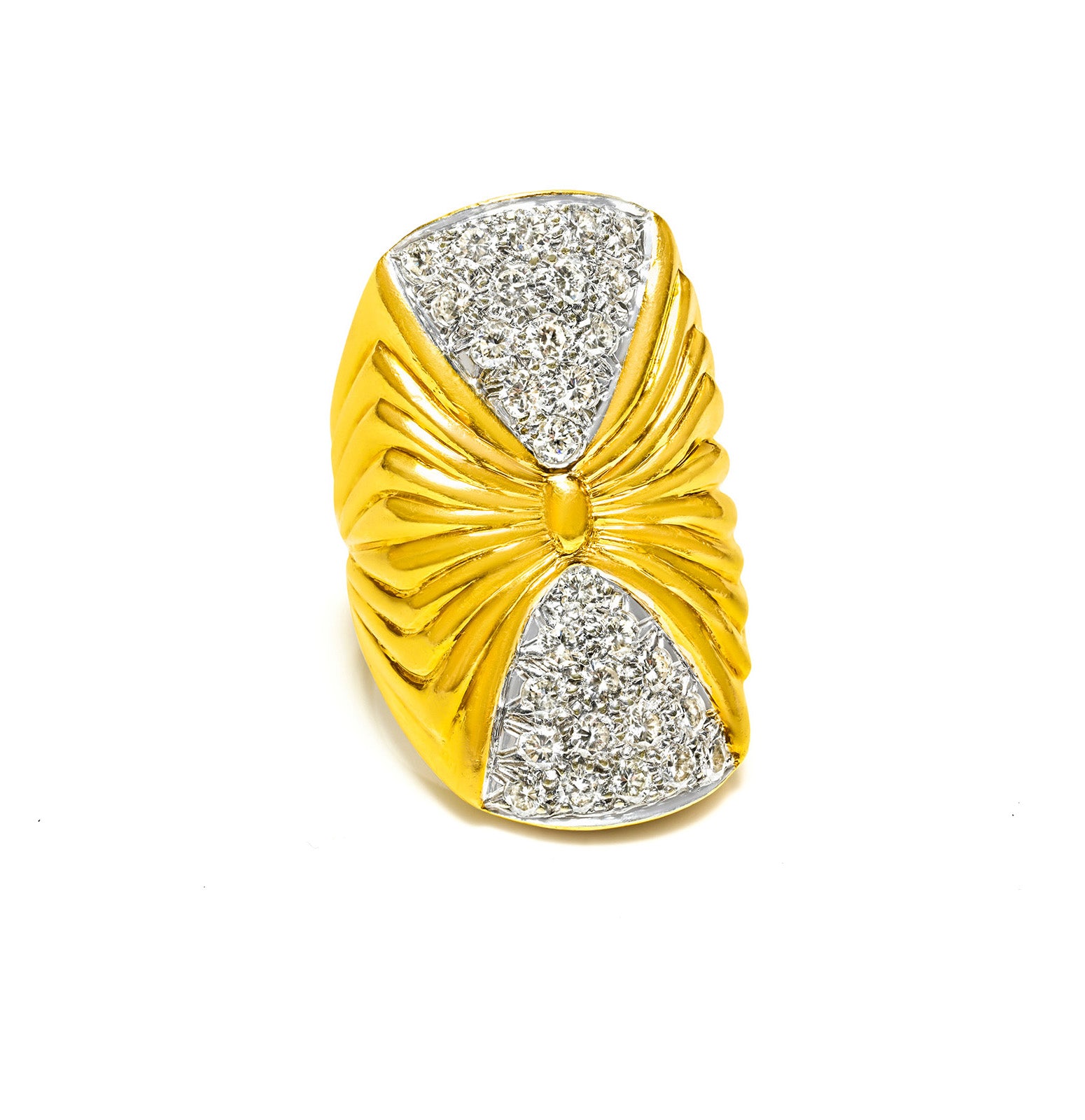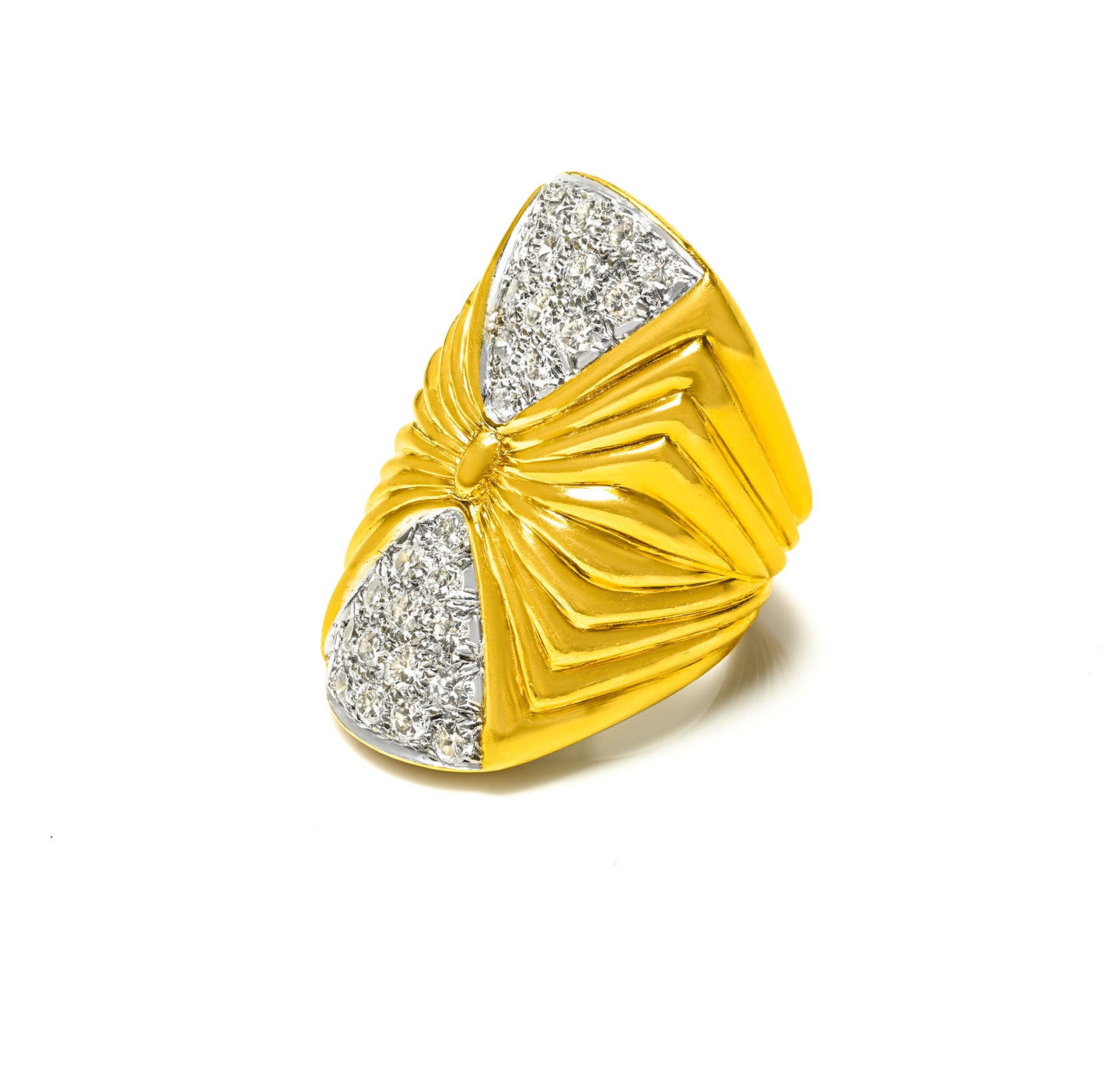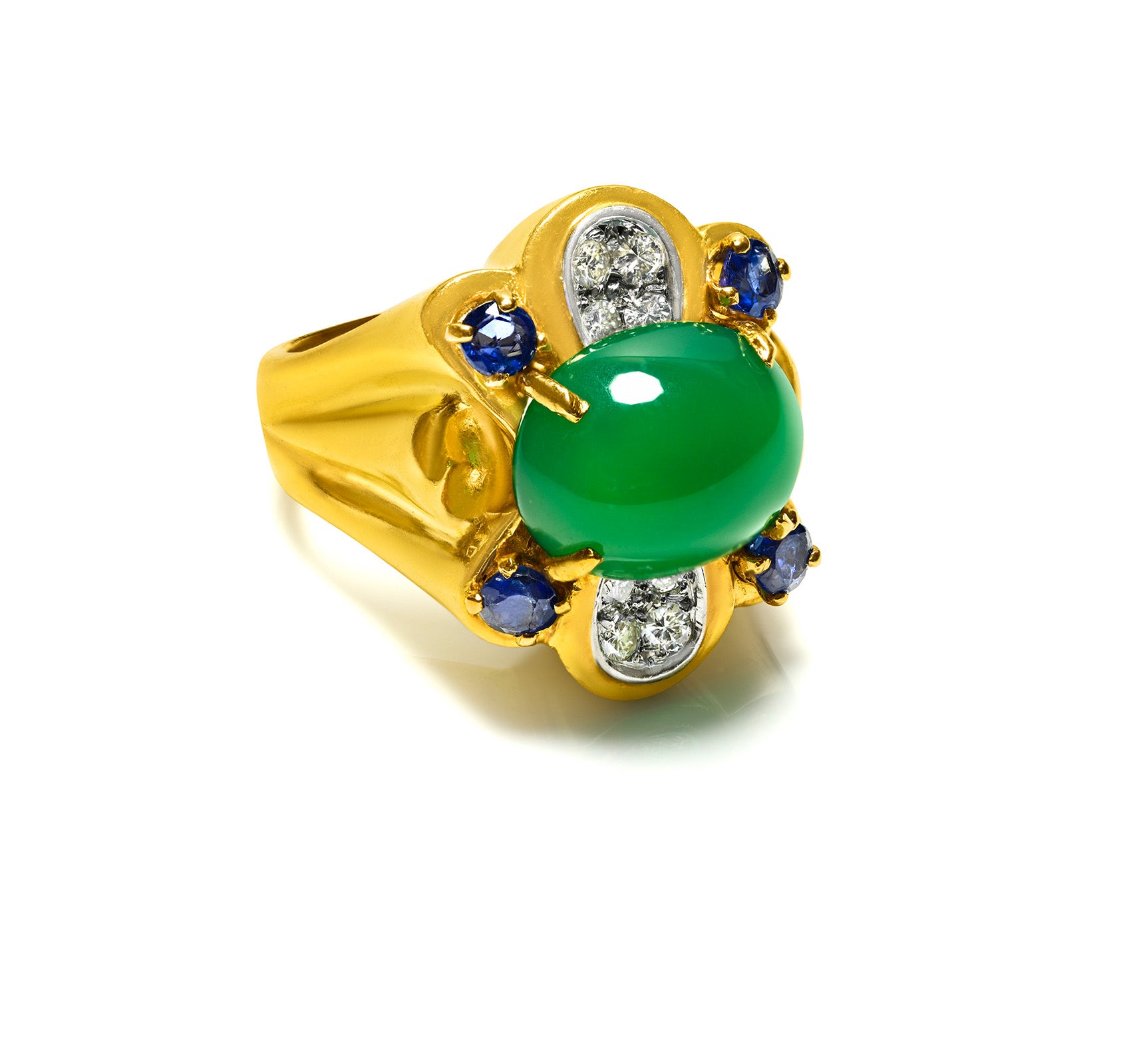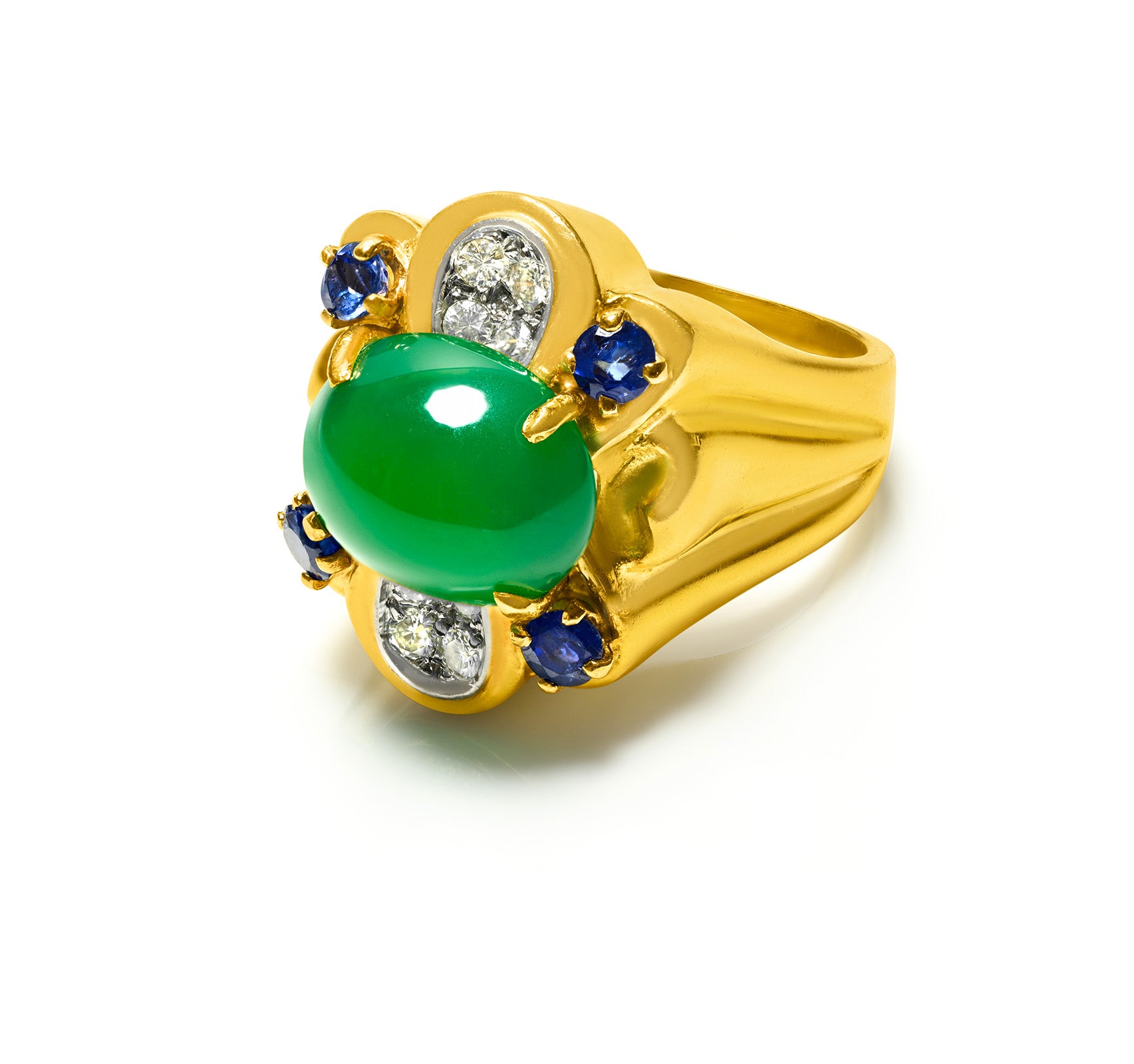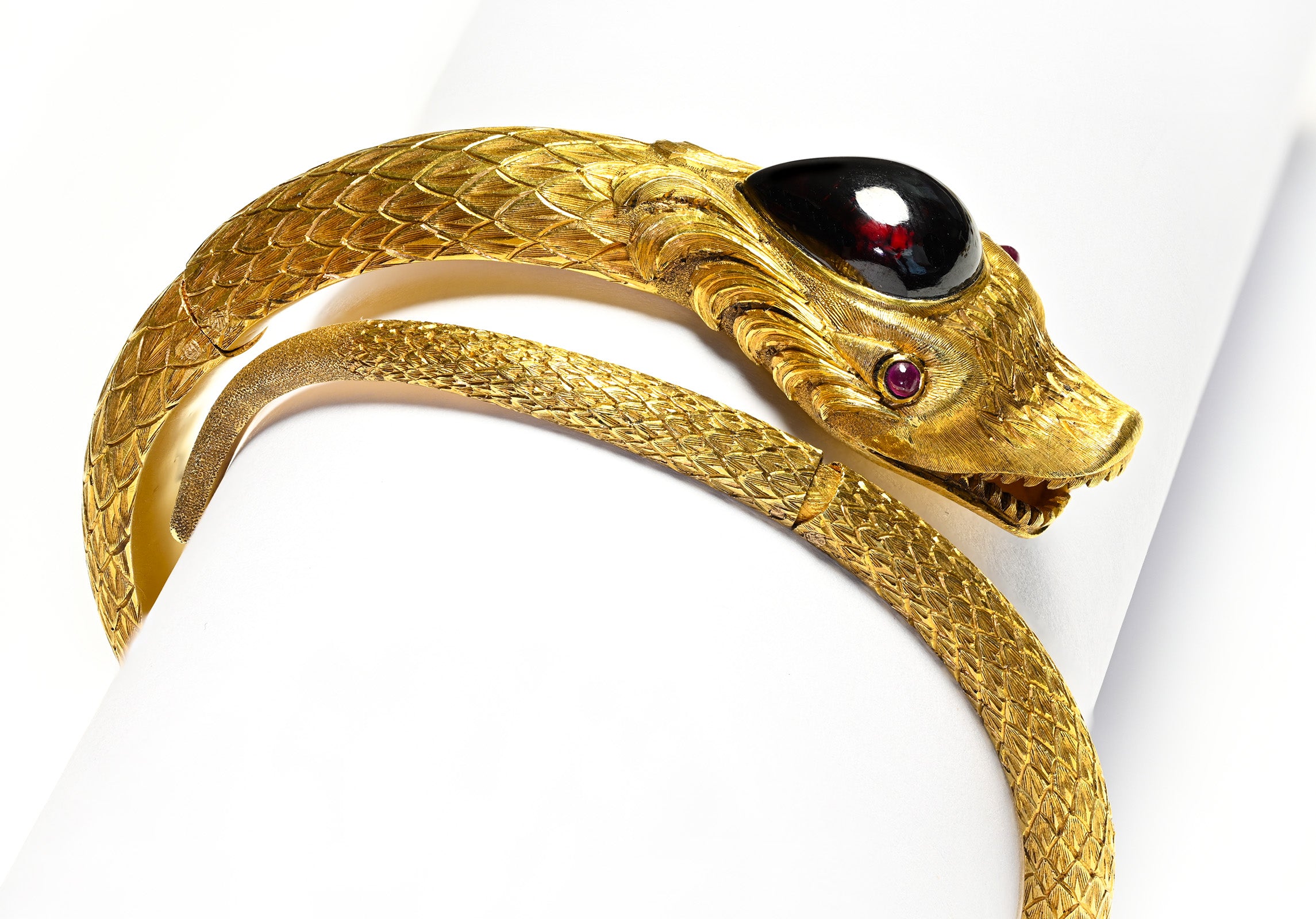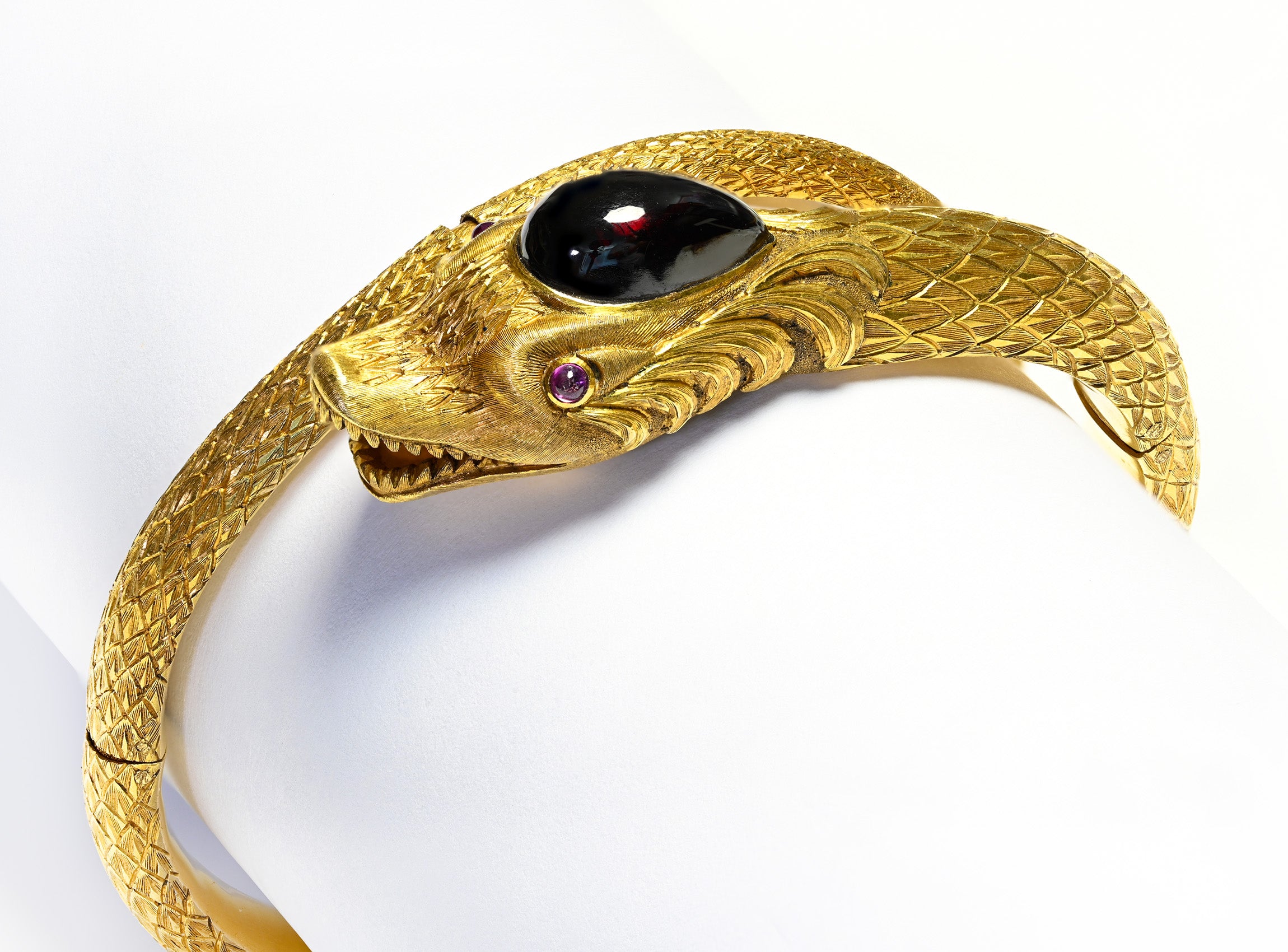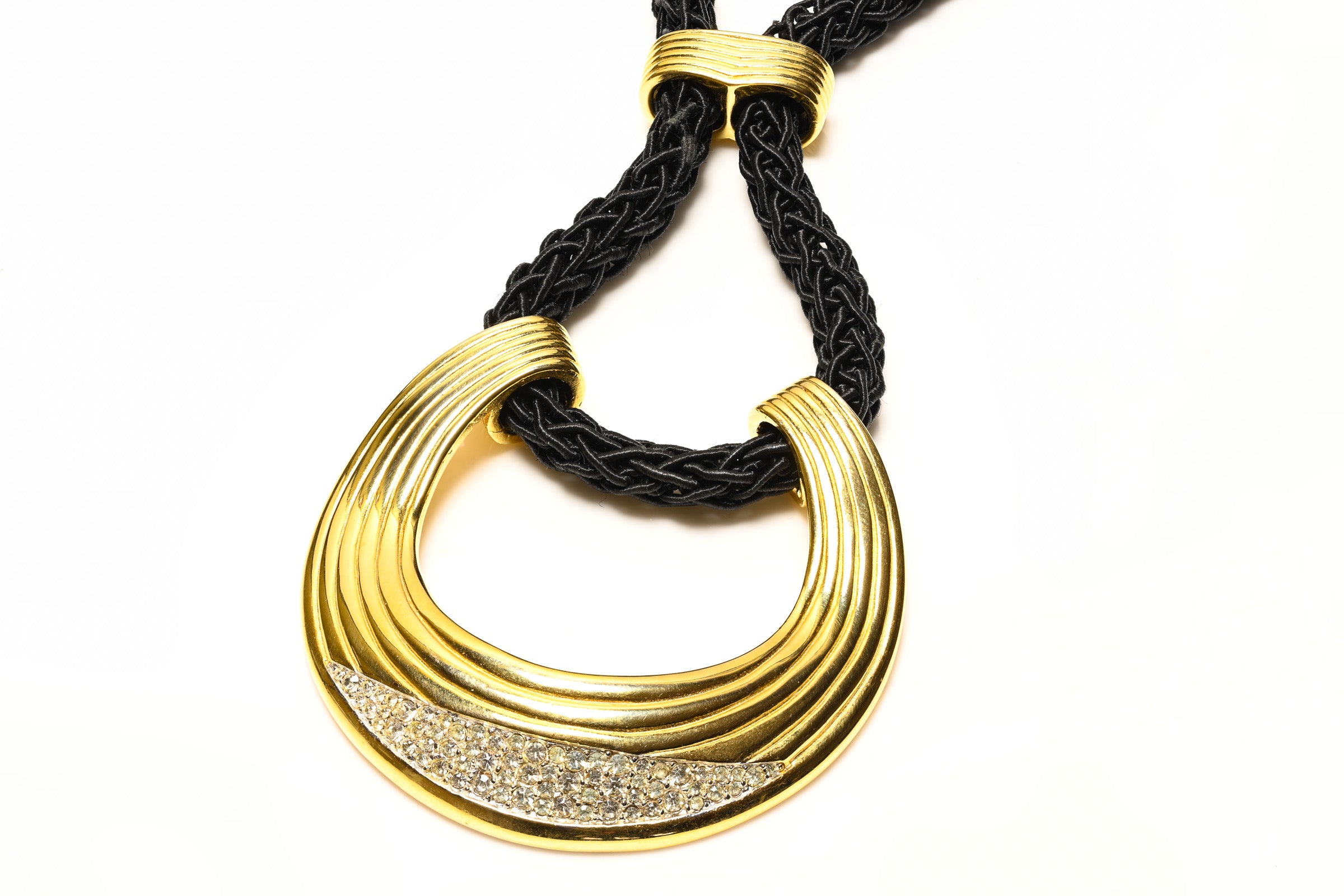
The Seven Emotions Explained By Traditional Chinese Medicine
The mysterious traditional Chinese medicine teaches that internal illnesses are often caused by the seven main emotions: joy, sadness, anger, grief, melancholy, fear, and fright.
The psychological relationship between emotions and the immune system is of overwhelming importance. According to author Lesley Tierra, excess or repression of emotions tends to make us vulnerable to chronic illness, and chronic illness in turn makes us vulnerable to excess or repression of emotions.
Excess of emotion, in particular, will damage over time the organ related to that particular emotion. Conversely, an unbalanced organ can cause an intense manifestation of emotions that are directly connected to it. Knowing the emotional problems helps us to heal the body and the organ in question.
Treating the body, especially the organ, also diminishes the expression or manifestation of emotions intimately connected with it.
An Example Of How This Works
For example, a person who is frequently irritable, angry, frustrated, or depressed can cause congestion of the liver or generate excess heat in the liver. This process, in turn, can generate symptoms such as flushed face and eyes, tinnitus, dizziness, migraines, neck and shoulder tension, sleep disturbances, constipation, premenstrual symptoms, painful and irregular periods, dizziness, vomiting, and other digestive symptoms.
In contrast, a person suffering from these symptoms (caused by an excessive diet of fat, alcohol, caffeine, a stressful lifestyle, and suppressed emotions over a longer period of time) will begin to show irritation, frustration, depression, and anger for no apparent reason.
If this person releases frustration, irritability, and anger (through writing, creativity, movement, etc.) their liver will decongest and the "heat" in the liver will dissipate and they will become less prone to outbursts of anger or depression.
In the article below we will take each of the seven emotions in turn and see what effect they have on the body, according to Chinese traditional medicine.
Joy
Within the seven emotions, joy is characterized by increased excitability. This condition affects the heart and can lead to insomnia, anxiety, confused thinking, fits of laughter or crying, convulsions, hysteria, and madness.
Anger
Resentment, frustration, irritability, anger, indignation, bitterness, animosity, and rage affect the liver and cause headaches, tinnitus, dizziness, blurred vision, mental confusion, vomiting, high blood pressure, premenstrual syndromes, depression, swelling of the breasts before menstruation, irregular or painful menstruation and digestive disorders.
Sadness
Sadness affects both the lungs and the heart and causes dyspnoea, depression or fits of crying, fatigue, amenorrhoea, shortness of breath, reduced resistance to colds and flu, palpitations, dizziness, insomnia, and anxiety.
Melancholia
Melancholia disrupts spleen functions and causes lack of appetite, fatigue, dampness, poor digestion, abdominal distension, loose stools, anemia, and low immunity.
Grief
Grief affects the lungs and leads to shortness of breath, mucus expectoration, sweating, fatigue, coughing, allergies, asthma, pneumonia, bronchitis and other lung diseases, anxiety, and susceptibility to colds and flu.
Fear
Insecurity, paranoia, and fear affect the kidneys and adrenal glands and can cause nocturnal enuresis, frequent urination, urinary incontinence, back and knee pain, ear infections, infertility, a reduced libido, signs of premature aging, and low immunity.
Fright
Fright affects both the kidneys and the heart and causes palpitations, dyspnoea, insomnia, dizziness, tinnitus, night sweats, and chronic fatigue.
Traditional Chinese Medicine - The Solution
In traditional Chinese medicine, the treatment of excessively expressed or repressed emotions (vices) is done by focusing on the vices corresponding to the emotional virtues.
In ancient times, doctors encouraged patients to change their vices into virtues. This process was called "virtue cultivation." Those doctors used one emotion to suppress/treat another.
Below is the relationship between certain organs and their specific emotions:
Liver
Vice: anger, frustration
Virtue: kindness, forgiveness, esteem, respect
Heart
Vice: overexcitement, over-achievement
Virtues: compassion, self-care
Lungs
Vice: pain, sadness
Virtues: conscientiousness, self-reconciliation
Spleen
Vice: obsession, over-analysis
Virtue: empathy
Kidney
Vice: fear, paranoia, worry
Virtue: courage, wisdom
Reciprocally, the organs can also be treated by compensating for their essential emotions or demands. Listed below are some physiological and psychological requirements correlated with a specific organ:
Liver: relaxation, peace, medicinal herbs
Heart: love, joy, beauty
Lungs: trust, time and space
Spleen: protection, nutrition
Kidneys: silence, meditation, rest, sleep, water consumption



